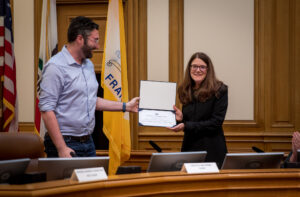The Local 21 San Francisco Council held a special meeting last week to discuss a potential extension of the current CCSF contract, which expires on June 30, 2017.
Local 21’s Council leaders from around the city overwhelmingly agreed that the City’s informal salary offer was too low to merit a contract extension and waiving the right to bargaining over other issues.
 The last issue of the Cityline reported that DHR Director Micki Callahan met with city employee unions, including Local 21, to talk about a possible extension. The City has since floated an extension agreement that would provide raises from 5.5% to 6% over two years, in exchange for forgoing bargaining over other issues and avoiding the normally complex and exhaustive bargaining process which often ends in arbitration. The City’s proposal includes an “off-ramp” that would nullify the second year raise and trigger bargaining in the second year in the event that there was a $200 million dollar or greater budget deficit projected. This “off-ramp” allows the city to declare the second year raise as unaffordable.
The last issue of the Cityline reported that DHR Director Micki Callahan met with city employee unions, including Local 21, to talk about a possible extension. The City has since floated an extension agreement that would provide raises from 5.5% to 6% over two years, in exchange for forgoing bargaining over other issues and avoiding the normally complex and exhaustive bargaining process which often ends in arbitration. The City’s proposal includes an “off-ramp” that would nullify the second year raise and trigger bargaining in the second year in the event that there was a $200 million dollar or greater budget deficit projected. This “off-ramp” allows the city to declare the second year raise as unaffordable.
After considering the economic climate of the city, and issues that bargaining would normally address, Local 21’s Council leaders were united in their belief that the City’s offer is too low as it stands. It is unclear whether there is room for movement in the City’s proposal, but unions representing San Francisco workers are in agreement that the extension offer would have to include higher raises to make it worth recommending that it be taken back to a membership vote.
There was discussion on whether a higher extension offer might be worth considering.
 Executive Committee members and staff made it clear that the purpose of the meeting was to listen to the thoughts of the leaders in attendance, without encouraging them in either direction. Local 21 Executive Director Bob Muscat said, “A good union listens to its members. This is a time to have an honest discussion about what your fellow Local 21 chapter members think. Keep in mind that your role on the Local 21 SF Council is to ensure that your coworkers have a voice.” San Francisco Vice President Gus Vallejo added that Local 21 San Francisco Council members shouldn’t hesitate to participate in the discussion. “We are here to listen,” he said.
Executive Committee members and staff made it clear that the purpose of the meeting was to listen to the thoughts of the leaders in attendance, without encouraging them in either direction. Local 21 Executive Director Bob Muscat said, “A good union listens to its members. This is a time to have an honest discussion about what your fellow Local 21 chapter members think. Keep in mind that your role on the Local 21 SF Council is to ensure that your coworkers have a voice.” San Francisco Vice President Gus Vallejo added that Local 21 San Francisco Council members shouldn’t hesitate to participate in the discussion. “We are here to listen,” he said.
There was a frank discussion about what full bargaining could be like. The last CCSF contract included a 3% increase the first year and a 3.25% increase the second year (The Cost of Living Adjustment +.25%). The CCSF contract is subject to what’s known as “baseball arbitration.” If the parties are unable to reach an agreement across the bargaining table by May 15, then each side submits their “last, best, and final” offer to the arbitrator, who selects one or the other. The decision is unfortunately not based on what workers deserve, but rather on complex factors like the economic projections for the city, etc. It is a winner-take-all decision; the offer that the arbitrator thinks is most reasonable is the offer that will be selected in its entirety. Because of this risk, both parties need to make their offer as palatable as possible, in order to increase their chances of having their offer selected by the arbitrator.
Knowing that arbitration is a likely outcome of full bargaining and that a final offer with high raises would increase the chances that the arbitrator will select the City’s offer instead, the question is: what raises do members see themselves presenting to an arbitrator next spring? And how should an extension compare?
 Members of Local 21’s San Francisco Council animatedly deliberated over the merits of an extension with better raises, and leaders brought up many good points. Some members saw the advantage of having the certainty of 2-years of raises without having to trade anything away across the bargaining table or take the risk of losing in arbitration. Others felt the City had an ample flow of money coming from real estate developments, and it could afford to offer more in their extension proposal.
Members of Local 21’s San Francisco Council animatedly deliberated over the merits of an extension with better raises, and leaders brought up many good points. Some members saw the advantage of having the certainty of 2-years of raises without having to trade anything away across the bargaining table or take the risk of losing in arbitration. Others felt the City had an ample flow of money coming from real estate developments, and it could afford to offer more in their extension proposal.
Some wanted to see the list of unresolved issues each chapter was facing in order to weigh the benefits and setbacks of accepting an extension over bargaining. If members accept an extension, they will not be able to address those unresolved issues through bargaining. Other members brought up the point that even if Local 21 members go with an extension, issues addressed in our contracts can still be resolved via labor management committees, member action, and grievances.
There were also concerns expressed about the off-ramp, which could allow the City to force us to the bargaining table during the second year, if there is an economic downturn and the City is projecting large deficits. Some were more optimistic, saying that they felt if Secretary Hillary Clinton were elected, the City would collect more money for infrastructure projects, which in turn benefits Local 21 members and San Franciscans at large.
 Local 21 leaders left the meeting with a better understanding of what other members are thinking and what kind of an extension could work. In the meantime, Local 21 is continuing to prepare for full bargaining. An arbitrator has already been selected, proposals continue to be crafted by various chapters, Bargaining Team selections shall be finalized at the next SF Council meeting, and Local 21 has engaged economic specialists to prepare expert predictions for the SF economy.
Local 21 leaders left the meeting with a better understanding of what other members are thinking and what kind of an extension could work. In the meantime, Local 21 is continuing to prepare for full bargaining. An arbitrator has already been selected, proposals continue to be crafted by various chapters, Bargaining Team selections shall be finalized at the next SF Council meeting, and Local 21 has engaged economic specialists to prepare expert predictions for the SF economy.
Want to weigh in on a possible extension? Reach out to your chapter leaders and give them your thoughts.
Stay tuned for further updates!





